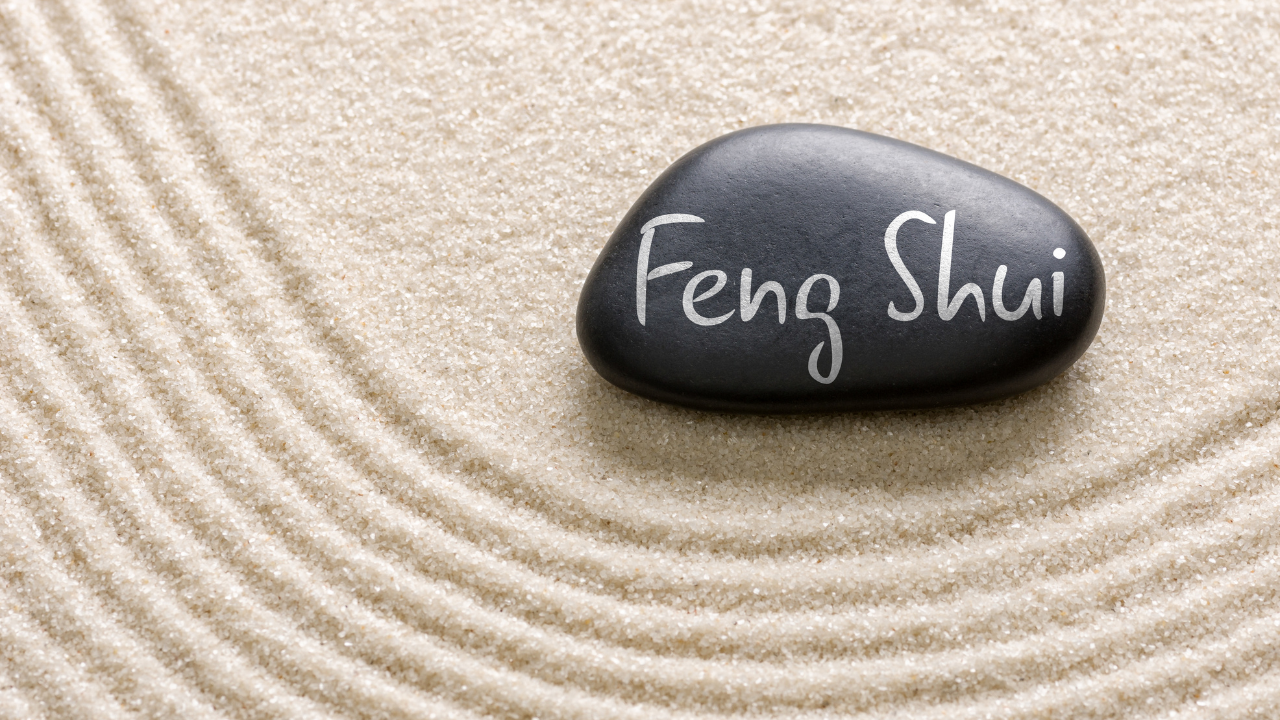
Welcome to the world of Feng Shui – a captivating practice that goes beyond mere interior design. It’s about creating harmony and balance in your living space to enhance your overall well-being. In this guide, we’ll delve into the principles of Feng Shui and explore how you can apply them to your home effortlessly.
Understanding Feng Shui
Feng Shui, pronounced “fung shway,” originated in ancient China and translates to “wind and water.” At its core, it’s based on the idea that our environment reflects and influences our lives. By arranging our surroundings in harmony with natural energy flow, or Qi (pronounced “chee”), we can promote positive energy, health, and prosperity.
The Five Elements
In Feng Shui, everything is interconnected, and the balance of five elements – wood, fire, earth, metal, and water – is crucial. Each element corresponds to specific colors, shapes, and aspects of life. By integrating these elements thoughtfully, you can create a harmonious environment.
Applying Feng Shui Principles to Your Home
Now, let’s dive into practical tips for incorporating Feng Shui into your living space:
Declutter and Organize
Start by decluttering your home. Clutter disrupts the flow of energy and can hinder your ability to think clearly.
Keep pathways clear to allow Qi to circulate freely.
Organize belongings and create designated spaces for each item to maintain order and balance.
Balance Yin and Yang
Yin represents passive energy, while Yang symbolizes active energy. Aim for a balance between the two in your home.
Incorporate soft textures, rounded shapes, and gentle lighting to enhance Yin energy in relaxation areas.
Introduce elements like vibrant colors, angular shapes, and bright lights to boost Yang energy in active spaces.
Optimize Furniture Placement
Arrange stunning furniture pieces to facilitate smooth movement throughout the room. Avoid blocking pathways with large pieces. If you’re looking for stunning furniture pieces, Gessato Design Store is a great place to start.
Position your bed, desk, and stove in the “command position,” where you have a clear view of the entrance and feel secure.
Create cozy conversation areas by arranging seating in a circular or semi-circular layout to encourage social interaction.
Enhance Natural Light
Natural light is essential for promoting positive energy flow. Maximize sunlight exposure by opening curtains and blinds during the day.
Consider mirrors to reflect light and expand space, but avoid placing them directly facing doors or beds to prevent energy from bouncing away.
Incorporate Plants and Nature
Introduce indoor plants to purify the air and infuse your space with vibrant energy. Choose plants with rounded leaves for a calming effect.
Display natural materials like wood, stone, and bamboo to connect with the earth element and bring a sense of grounding.
Personalize Your Space
Infuse your home with personal touches that reflect your interests, values, and aspirations.
Display meaningful artwork, family photos, or cherished mementos to evoke positive emotions and create a sense of belonging.
Bringing Feng Shui Beyond Your Home
Feng Shui isn’t limited to your living space; you can extend its principles to other areas of your life as well:
Office Space
- Apply principles to your workspace to enhance productivity, creativity, and focus.
- Position your desk in the “power position” facing the door with a solid wall behind you for support.
- Incorporate elements like plants, natural light, and inspiring artwork to create a conducive work environment.
Garden and Outdoor Spaces
- Create a harmonious outdoor retreat by incorporating Feng Shui principles into your garden or balcony.
- Use plants, water features, and natural materials to promote relaxation and connection with nature.
- Design pathways and seating areas to encourage flow and social interaction, and consider adding wind chimes or other soothing sounds to evoke tranquility.
Personal Wellness
- Practice self-care rituals that align with Feng Shui principles, such as meditation, yoga, or acupuncture, to promote physical, emotional, and spiritual well-being.
- Pay attention to your body’s signals and adjust your environment accordingly to support optimal health and vitality.
- Surround yourself with positive influences, whether it’s uplifting music, inspiring books, or supportive relationships, to cultivate a harmonious inner and outer landscape.
Frequently Asked Questions
Is Feng Shui a Religious Practice?
Feng Shui is rooted in ancient Chinese philosophy and is not inherently religious. It’s more about harmonizing energy flow than adhering to specific beliefs.
Can Anyone Practice Feng Shui?
Yes, anyone can practice Feng Shui, regardless of their cultural background or beliefs. It’s about creating a supportive environment that nurtures your well-being.
How Long Does It Take to See Results?
The effects of Feng Shui can vary depending on various factors, including your current living conditions and how diligently you apply its principles. Some people may notice immediate improvements, while others may experience gradual changes over time.
Are There Any Taboos to Avoid in Feng Shui?
Whilst it is highly customizable to individual preferences, there are some general taboos to consider, such as:
- Avoid placing your bed directly facing the door, as it can disrupt sleep and energy flow.
- Refrain from placing mirrors directly opposite the bed, as it can create energetic disturbances.
Conclusion
So, are you ready to embark on your Feng Shui journey? Let’s create a space where positive energy flows freely, and abundance flourishes.
See some more of my interiors posts here
